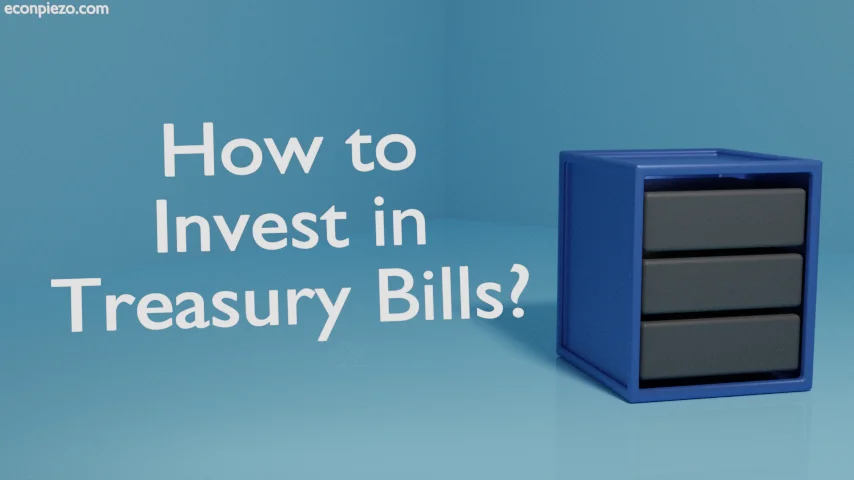Treasury Bills or T-Bills are the U.S. government’s direct debt obligations, with a maturity period of 52 weeks or less. As these the non-interest-bearing securities so, they are sold at a discount to the face value. And, at maturity, we can redeem it at face value.
The difference between the discounted value and face value is the taxable interest income, which is also used to calculate its yield.
How to Invest in T-Bills
We can invest in T-Bills directly through the TreasuryDirect website: https://www.treasurydirect.gov/ or through a broker.
From TreasuryDirect, we can get bills that mature in 4, 8, 13, 17, 26, and 52 weeks. The minimum purchase amount is $100. And, thereafter in increments of $100.
The T-Bills are auctioned weekly for 4, 8, 13, 17, and 26-week T-bills. And, every four weeks for 52-week T-bills. The auctions are used to determine yields on security. We need to place a bid. In the event, that our bid is accepted. The T-bills are credited to our TreasuryDirect account. And, our bank account gets debited. When the security matures, we get the option to either reinvest the amount or credit it back to our bank account.
If you have T-Bills through a broker, then our securities will be held by the broker through Commercial Book-Entry System.
The interest earned is exempt from both local and state taxes. But, not from Federal taxes.
We can get the dates for upcoming auctions through: https://www.treasurydirect.gov/auctions/upcoming/. If, in case, you wish to sell T-Bills before maturity then the amount you receive once you have sold the T-Bills could be different from its face value. Such securities can be sold in the Secondary Market.
If in case you hold your securities with TreasuryDirect and now wish to sell them prior to maturity. Then, we need to transfer it to a Commercial Book-Entry System account. And, contact our broker. They may sell the securities for a fee.
Important: This material is provided only for information purposes only. It doesn’t constitute investment advice. We shouldn’t be held liable for the investment decisions readers take. We encourage readers to act at their discretion.






